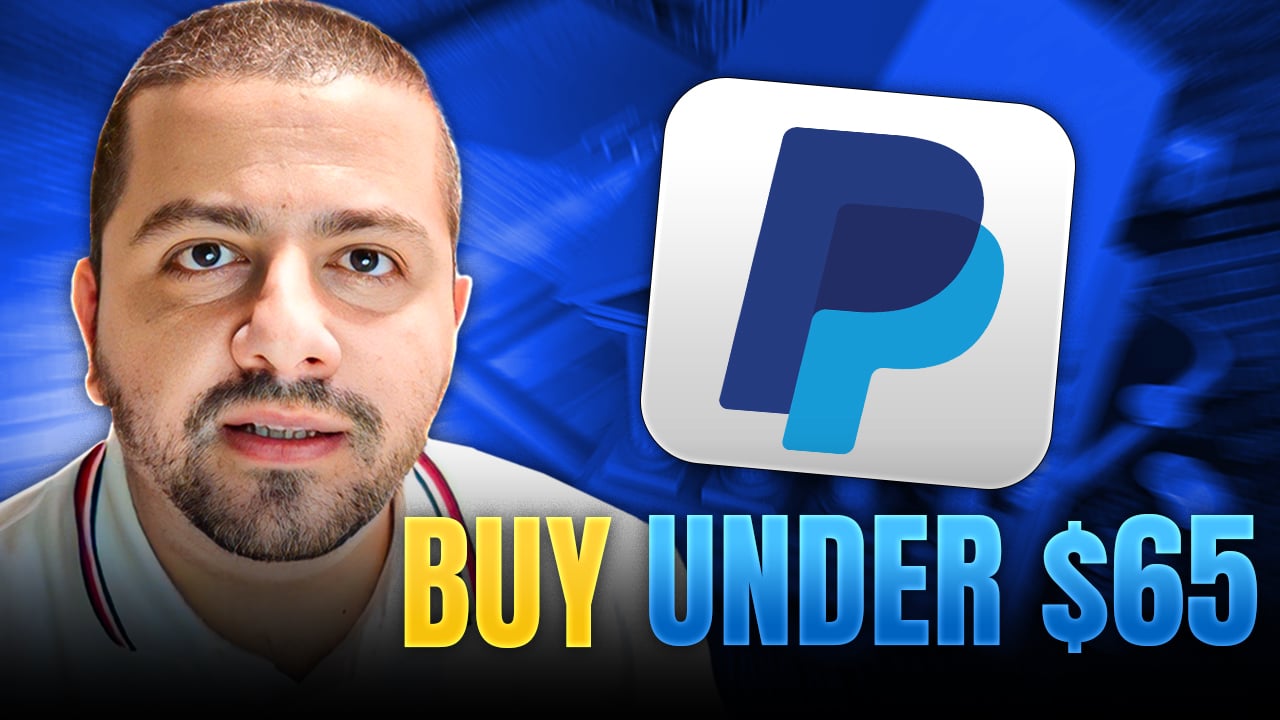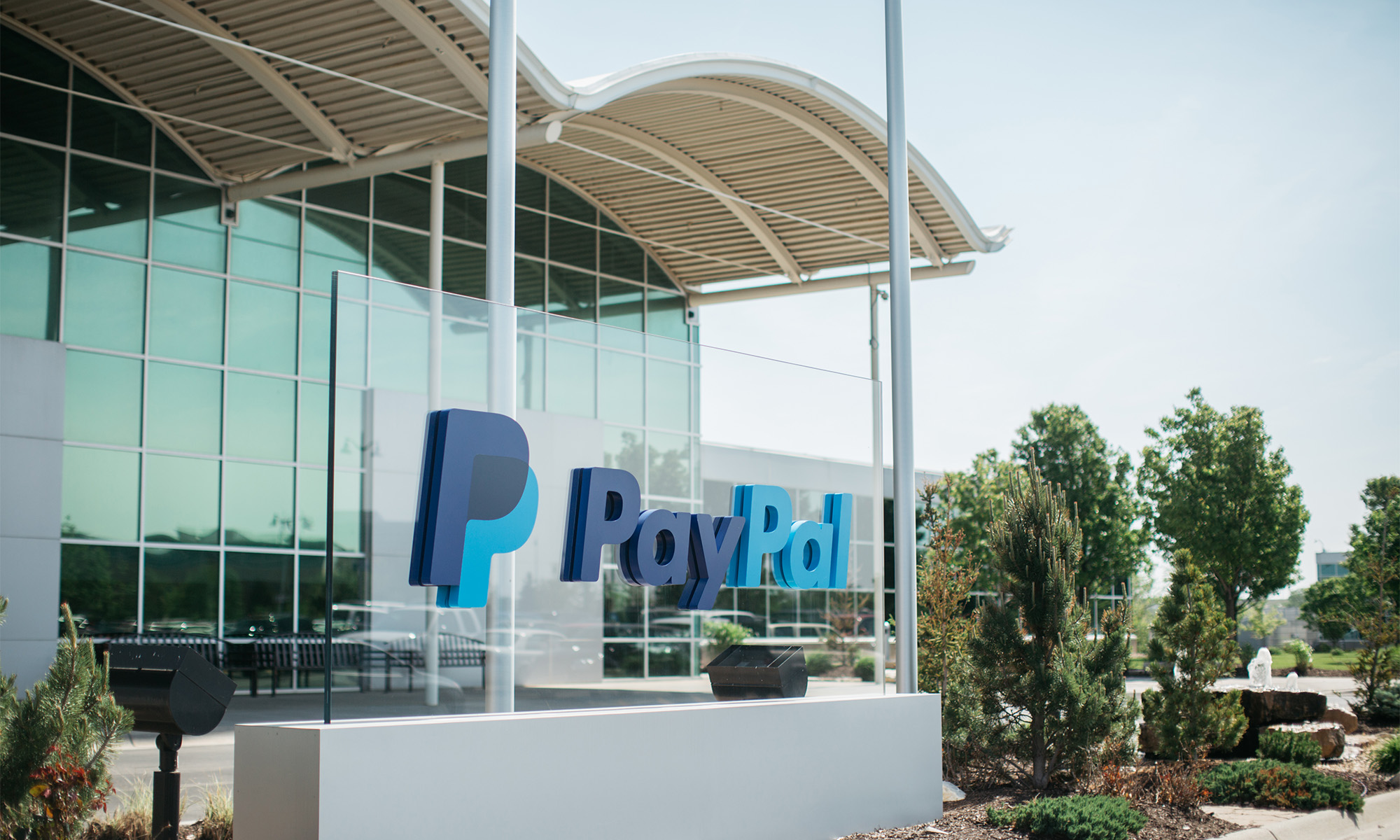Despite President Donald Trump's trade wars and concerns about a possible recession, equity markets have performed relatively well this year, with the S&P 500 (^GSPC +0.19%) up 10% since January. Some corporations, however, have not been as fortunate, including PayPal (PYPL 0.39%) and DexCom (DXCM +0.26%), both of which have underperformed the market due to company-specific issues.
Despite their challenges, however, PayPal and DexCom could be great buys at current levels, at least for investors who intend to hold on to their shares for a while. Here's why these stocks could deliver superior returns during the next decade.

Image source: Getty Images.
1. PayPal
Shares of PayPal, a fintech leader, declined after the company released its second-quarter earnings. The company's results weren't bad at all. Most key metrics exceeded analysts' expectations. PayPal's revenue increased by 5% year over year to $8.3 billion, while its total payment volume came in at $443.5 billion, 6% higher than the prior-year quarter. PayPal's active accounts and net income grew, too. But investors focused on the 49% year-over-year drop in free cash flow to $692 million.
Not much has changed for PayPal, though. If anything, things have improved. The company increased its earnings-per-share (EPS) projection for the year, while reaffirming its free-cash-flow forecast. So, the post-earnings dip may have been a bit overdone. However, this could be an excellent opportunity to pick up the company's shares while they are down, at least for investors looking to hold on to the stock for the next decade. PayPal has a deep ecosystem of 438 million active accounts, which increased by 2% year over year in the second quarter.

NASDAQ: PYPL
Key Data Points
The company's namesake app and Venmo, which it also owns, are the two most popular mobile payment apps in the U.S. This grants PayPal significant long-term opportunities. The demand for digital payments is expected to continue increasing due to several factors, including the growth of e-commerce. PayPay is well positioned to profit from that as a leading force in the field that has gained the trust of hundreds of millions of consumers and businesses. PayPal stands as the third-most-trusted brand in its niche of the financial services sector.
That's on top of its platform's network effects, making it likely that it will retain at least one of the leading positions. Furthermore, PayPal's new chief executive officer, Alex Chriss, who has been at the helm only since 2023, has made progress on multiple fronts, including helping to increase free cash flow while introducing potential lucrative growth opportunities, such as advertising. Although PayPal has encountered some setbacks, the company could rebound and ultimately deliver superior returns over the long term.
2. DexCom
DexCom, a diabetes-focused medical device maker, delivered strong second-quarter results. The company's revenue increased by 15% year over year to $1.16 billion, while its EPS rose 29% year over year to $0.45.
However, DexCom's shares fell after its latest update, likely due in part to an announced leadership change. The company's CEO, Kevin Sayer, who has been at the helm since 2011, will be stepping down from his role. Jake Leach, DexCom's current chief operating officer (COO), will become the new head of the company in January 2026. It's not that rare for a corporation to see its share price dip because its CEO is leaving.
The good news, though, is that Sayer helped DexCom establish itself as a leader in the continuous glucose monitoring (CGM) market, and there is still significant room to grow in this niche. CGM devices, such as the DexCom G series, offer diabetes patients a different and better option than traditional blood glucose meters. CGM makes continuous automatic sugar-level measurements throughout the day and night and can even be paired with some pumps to automate the insulin delivery process.

NASDAQ: DXCM
Key Data Points
DexCom's only real competitor in CGM is Abbott Laboratories. Despite facing off against this larger foe, DexCom has seen tremendous success, with the rising adoption of its devices leading to growing revenue and earnings. Several factors could help DexCom continue down that path in the next decade. First, the company continues to innovate. Some of its latest products include the G7 and the Stelo, an over-the-counter CGM option for diabetes patients who aren't using insulin. DexCom should continue expanding its portfolio of devices.
Second, the company still sees significant room to grow in the U.S. since many patients eligible for third-party coverage for CGM aren't yet using the technology. Third, as DexCom's primary challenger, Abbott Laboratories, pointed out a couple of years ago, less than 1% of the world's diabetics use CGM technology.
So, the worldwide opportunity is enormous for DexCom, which can expand its total addressable market by entering new territories. These factors make DexCom's long-term prospects attractive. Interested investors should consider purchasing the company's shares after its recent dip.







